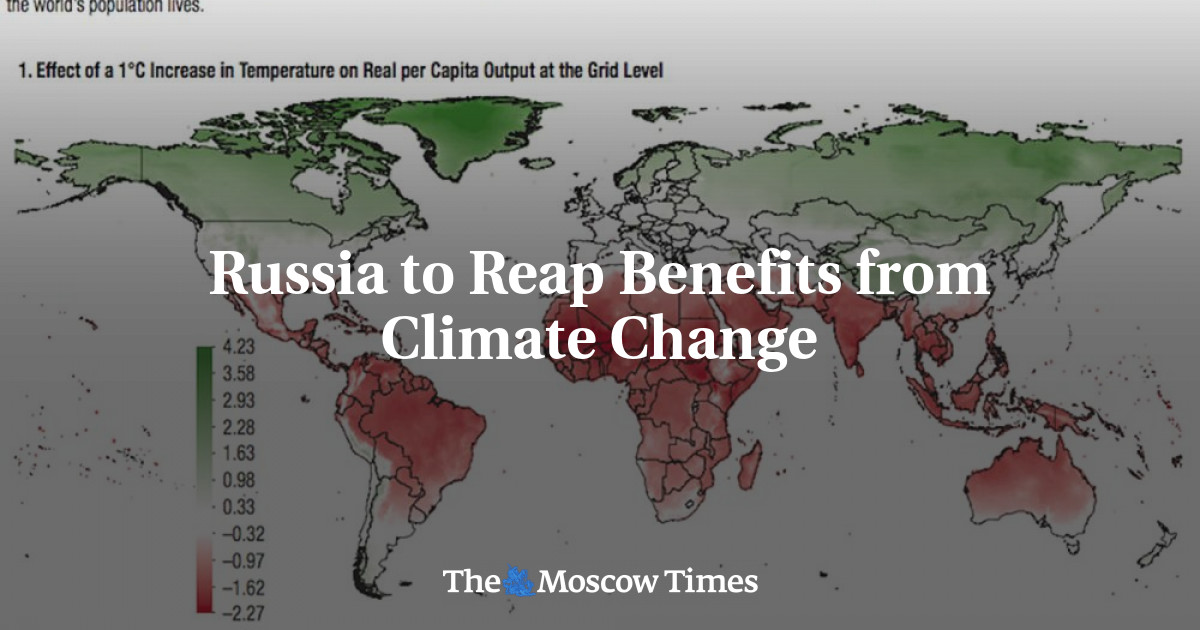D
Deleted member 18
Guest
I agree with most of this. Trying to make it a economic numbers game, and only reasoning via that level of dialog, is absolutely counter-productive.
Yes, some people do need economic incentives to get them to care about our ecosystem. But there are also plenty of conservatives who are less Reaganite and more Roosevelt, who understand the value of our ecosystem goes beyond mere dollars and spreadsheets.
However I think there are ways to deal with this that don't necessitate globalist intervention or regulation. No one wants to live in squalor and smog, and everyone would like to keep the oceans from becoming toxic cesspools. Using something like the UN as a pulpit to encourage growth of eco-friendly, but not radical greenie, industry and tech is about as far as I feel the 'global' arena can truly help the situation. Anything more gets bogged down in bureaucracy and budget/interest fights between powers.
I don't think anyone is seriously suggesting creating the UN Ministry of Environmental Control or anything like. Countries agree to meet targets, exchange technologies, harmonize incentives, and so on outside the UN all the time. There are plenty of multilateral conservation treaties which have been resounding successes, like the international convention on seal-hunting in the North Pacific or fisheries management for Pacific salmon and so on where agreement and cooperation on catch limits are necessary, or the ban on whaling that (with a few exceptions) has at least given most cetacean populations breathing room to recover. Those are better models than any imagined UN bureaucracy.

